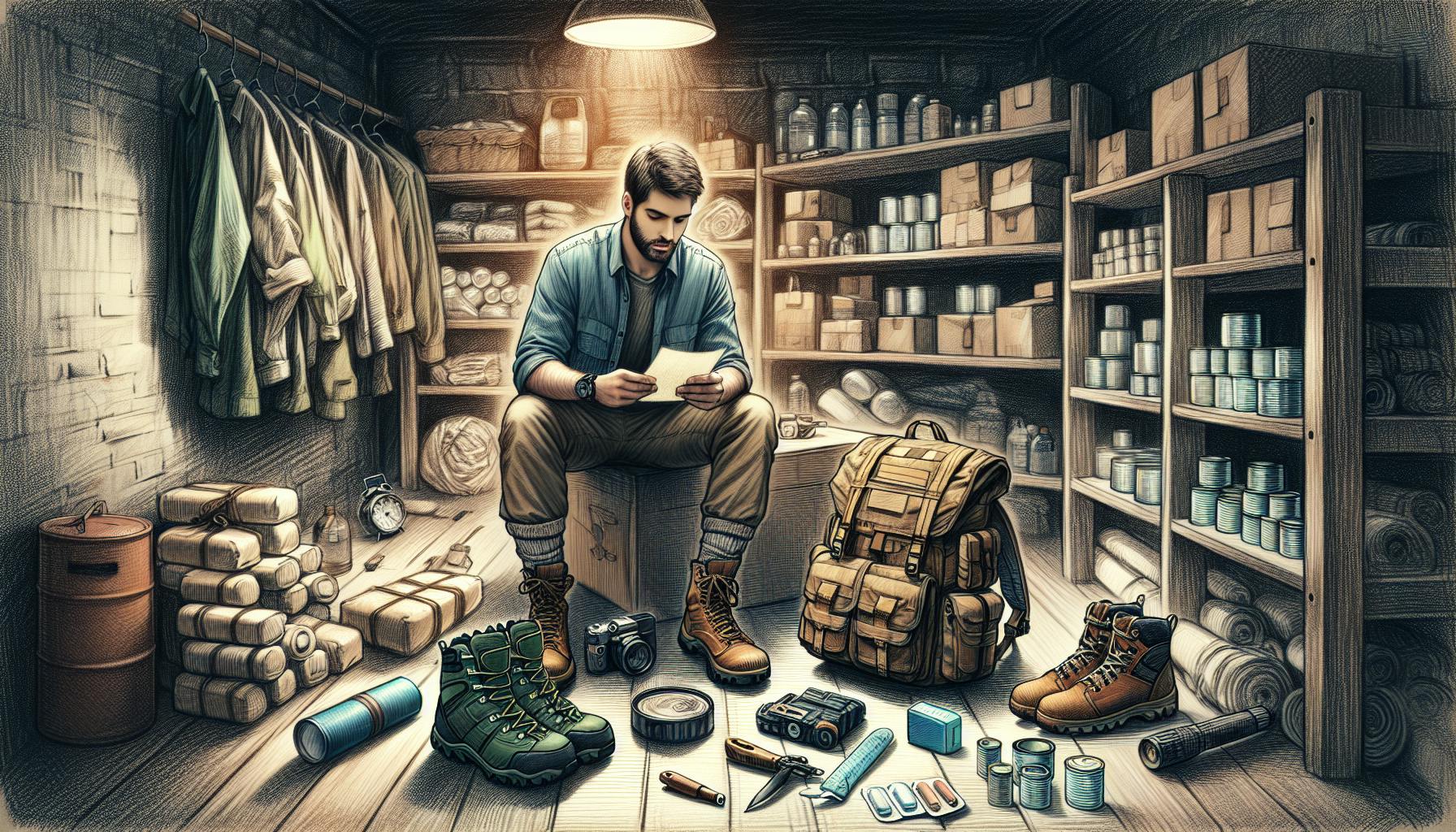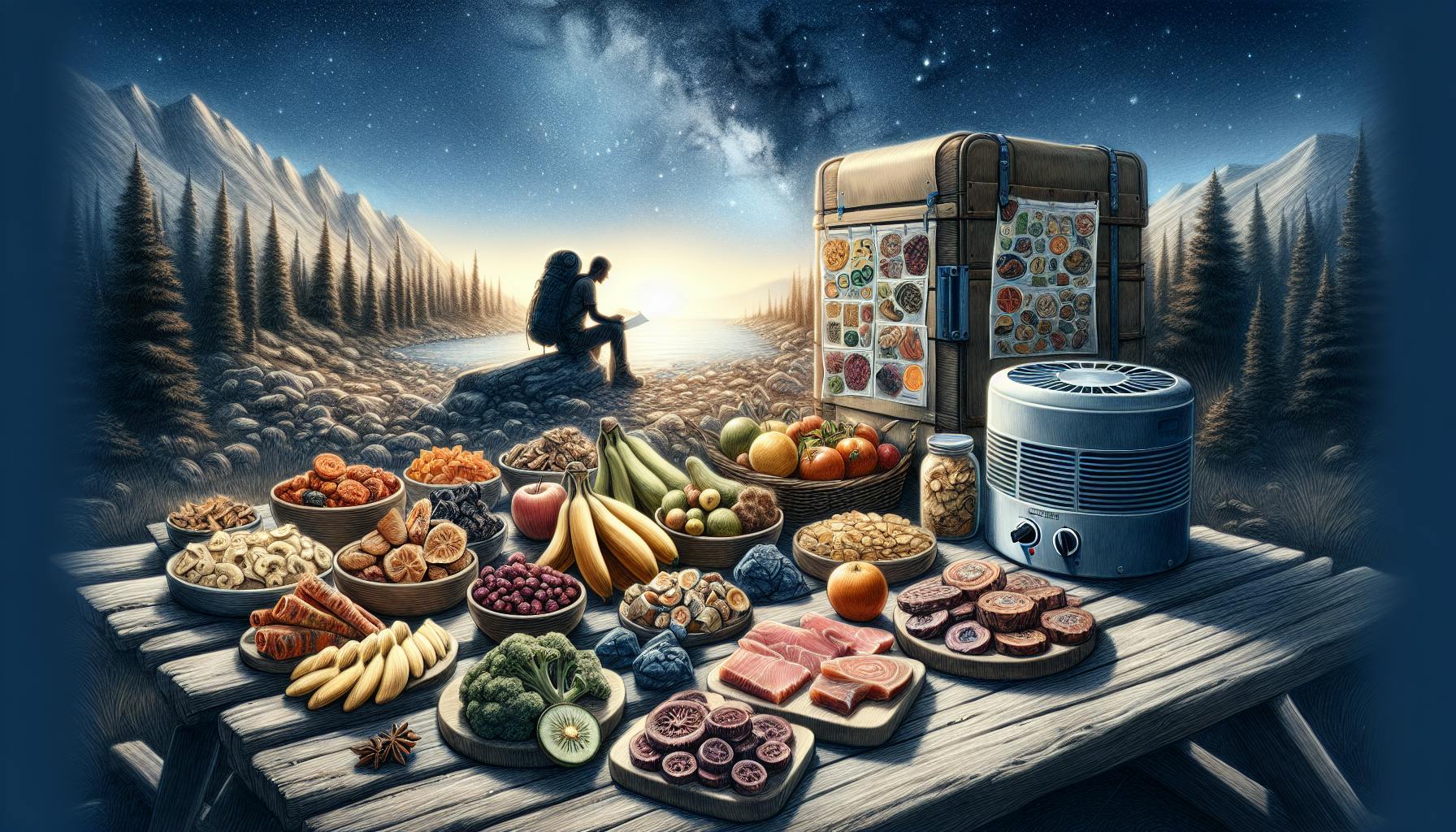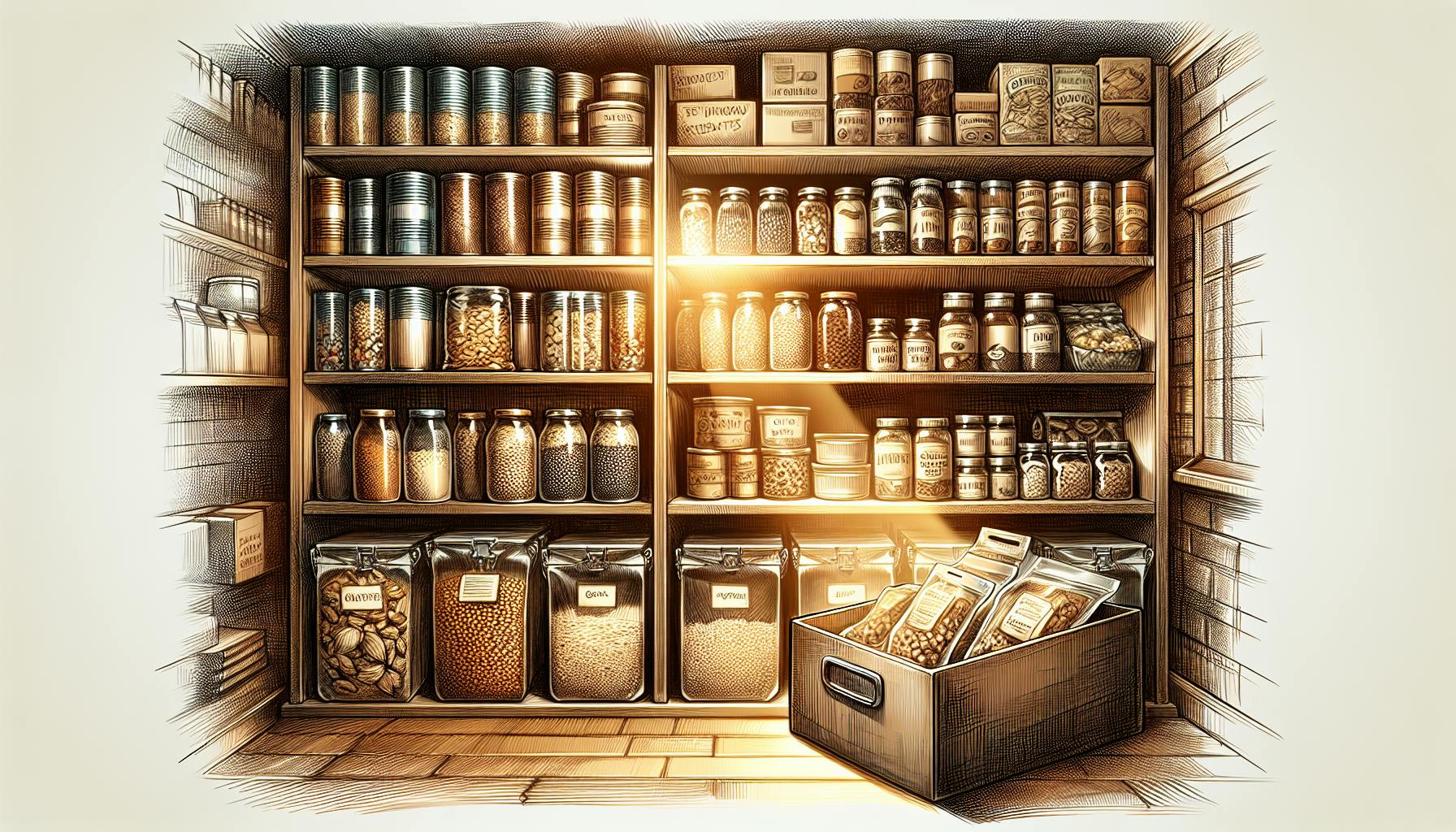Introduction
Being a "prepper" means embracing a lifestyle of self-reliance, survival skills, and emergency preparedness. Preppers aim to hedge against all potential disasters by stockpiling supplies, acquiring key skills, and staying informed.
While the prepper movement first emerged during Cold War fears of nuclear annihilation, preppers today prepare for a wide range of catastrophes. Reasons for prepping include natural disasters, economic collapse, cyber attacks, pandemics, and more.
This comprehensive guide will explore what is a prepper through the history, motivations, essential skills, tools, and mindset behind today's thriving prepper community. Whether you're a seasoned expert or new to prepping, this post highlights key insights for beginners and veterans alike.
A Brief History of the Prepper Movement
The modern prepper identity emerged from Cold War era fears, but the desire for self-reliance has existed for centuries. Here are some key events that fueled the growth of prepping:
-
1950s-1960s: Threat of nuclear war with Soviet Union leads to backyard bunker construction and government civil defense programs. Books like "How to Survive an Atomic Bomb" appear.
-
1970s: Gas shortages, oil embargoes, and economic "stagflation" spur interest in self-reliance. Back-to-the-land movement gains steam.
-
1980s: Rise of survivalist movement. Books like "How to Prosper During the Coming Bad Years" teach economic collapse preparedness.
-
1990s: Y2K threat increases prepping. Companies like Wise Foods start selling emergency food kits. Mainstreaming of prepper gear.
-
Early 2000s: Terrorism after 9/11 and Hurricane Katrina shift focus to emergency preparedness. Growth of prepper online forums.
-
2010s+: Prepping goes mainstream with TV shows like Doomsday Preppers. Continued concerns over disasters fuel ongoing interest.
What Does It Mean to Be a Prepper?
The term "prepper" refers to people actively preparing for future emergencies and the potential breakdown of society. Preppers strive to handle disasters of all kinds completely independently.
-
Preppers aim to be self-reliant and prepared for any emergency situation. They reject over-dependence on fragile modern infrastructure.
-
They stockpile supplies like food, water, medicine, and tools in case of a catastrophe. This provides security if disaster strikes.
-
Preppers acquire key skills like first aid, self-defense, survival tactics, gardening, and homesteading. These abilities allow them to handle crises.
-
They strive to live more sustainably using renewable energy, permaculture, foraging, and off-grid solutions. This provides independence and resilience.
-
Preppers stay informed on world events, risks, and emerging threats. Vigilance prevents being blindsided by calamity.
Essential Skills All Preppers Should Learn
Prepper skills empower self-reliance in any situation where modern infrastructure fails. Critical skills include:
-
First aid: Treat injuries when medical care is unavailable. Learn wound dressing, CPR, trauma care.
-
Self-defense: Martial arts, firearms training, security tactics. Be able to protect yourself and others.
-
Wilderness survival: Navigation, shelter-building, fire-starting, foraging edible plants, traps/hunting.
-
Gardening and livestock: Growing food, raising chickens/livestock, canning, seed saving. Achieve self-sufficiency.
-
Off-grid living: Set up alternative energy like solar panels/generators. Install rainwater catchment system.
Must-Have Supplies in a Prepper's Stockpile
Stockpiles provide a lifeline when disasters hit by meeting basic survival needs. Essentials include:
-
Long-term food supplies: Canned goods, freeze-dried meals, MREs. Have at least 3-6 month supply.
-
Water filtration and water storage: Portable filters, purification chemicals, rainwater catchment.
-
First aid: Trauma kits, medicines, antibiotics, painkillers.
-
Self-defense: Firearms, ammunition, pepper spray, knives.
-
Off-grid power: Solar panels/generators, fuel storage, batteries, portable chargers.
-
Barter items: Alcohol, cigarettes, precious metals, batteries, ammunition.
Key Prepper Tools and Gear
Specialized equipment keeps preppers functioning when infrastructure fails. Useful items include:
- Two-way radios for communication
- Gas masks, hazmat suits for biological/chemical incidents
- Night vision, thermal optics for security
- Solar ovens, grills, wood stoves for off-grid cooking
- Faraday bags to protect electronics from EMPs
- Multi-tools, camping gear, portable stoves, hand crank lights
Joining the Prepper Community
Connecting with like-minded preppers provides mutual support, important skills, and access to resources.
-
Attend prepper meetings and conventions to network and learn. PrepperCon is the largest gathering.
-
Join online communities like Reddit's r/preppers, Facebook groups, PrepperForums.net to exchange tips.
-
Take training courses from schools like The Prepared, Hardened Structures, American Preppers Network.
-
Volunteer with organizations like CERT to get real world preparedness experience.
-
Follow veteran preppers through books, blogs, and YouTube channels. Popular figures provide guidance.
Prepping Considerations for Beginners
Start small, focus on likely scenarios, and make prepping manageable alongside daily life.
-
Start with basics like first aid kit, flashlights, and 1 week of supplies. Build up slowly over time.
-
Focus first on emergencies like power outages, storms rather than doomsday scenarios.
-
Involve family so everyone is prepared. Practice skills like fire starting, survival navigation.
-
Stay active, healthy, and fit. Prep your mindset as well as your supplies and gear.
-
Have useful maps on hand as navigation aids in case of infrastructure loss or failure.
The Prepper Mindset: Values and Beliefs
Understanding the prepper worldview provides insight into their motivations and approach to risk.
-
Self-reliance and personal responsibility are paramount.
-
Importance of vigilance and staying informed on threats through research.
-
Protecting and providing for family is a top priority.
-
Developing adaptable skills allows handling diverse crises.
-
Striving for independence from fragile systems is seen as crucial.
Preppers remain open-minded but skeptical of authority figures. They believe preparing for worst-case scenarios provides security that institutions cannot guarantee.
Conclusion
Being a prepper means embracing self-reliance and survival skills to prepare for any potential disaster. While motivations vary, preppers universally value independence, vigilance, and protecting their loved ones. Prepping is more than just stockpiling gear - it's a lifestyle built around resilience. This guide provided an extensive introduction to prepping for newcomers and veterans alike. What matters most is taking that crucial first step toward greater preparedness.


